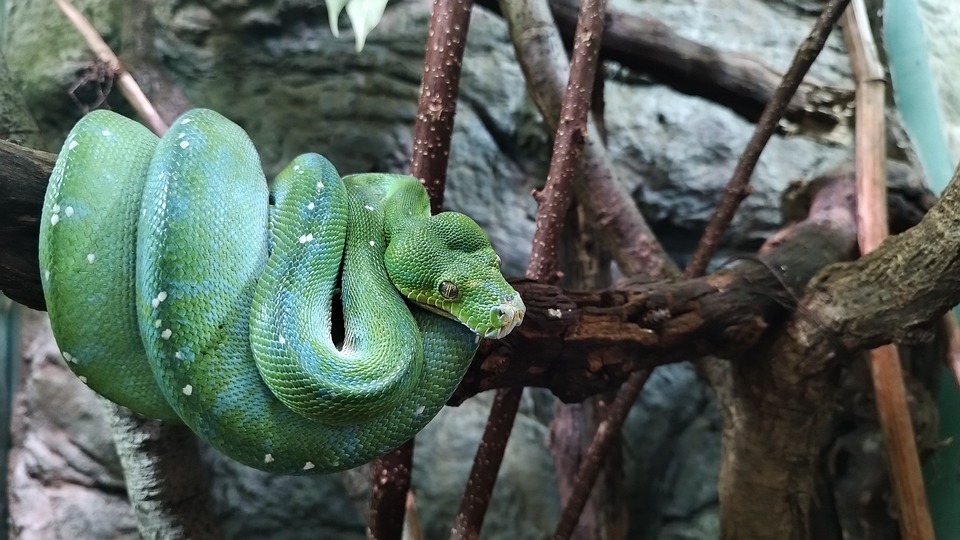[ad_1]
In a world where modern medicine often takes center stage, the healing power of cultural practices is sometimes overlooked. However, for many communities around the globe, traditional beliefs and customs play a significant role in promoting health and well-being. This article will explore the deep-rooted connection between belief systems and healing, highlighting the importance of cultural practices in maintaining physical, mental, and spiritual health.
The Historical Context of Healing Through Tradition
Throughout history, people from diverse cultures have relied on traditional healing practices to treat various ailments. From ancient Chinese acupuncture to indigenous herbal remedies in Africa, traditional healing methods have stood the test of time. These practices are often deeply rooted in cultural beliefs and have been passed down through generations, shaping the way communities view health and illness.
In many traditional societies, healers hold a revered position within the community, serving as mediators between the physical and spiritual realms. Their knowledge of herbs, rituals, and spiritual practices is believed to bring about healing in ways that go beyond the physical body. Traditional healing is not just about curing diseases; it is about restoring balance and harmony to the individual and the community as a whole.
The Current State of Cultural Practices in Healing
Despite the advances in modern medicine, traditional healing practices continue to play a vital role in many cultures. In some cases, people seek out traditional healers when modern treatments have failed to provide relief. This highlights the enduring belief in the power of cultural practices to heal not just the body, but also the mind and spirit.
In recent years, there has been a growing interest in integrating traditional healing practices with modern healthcare systems. This has led to the emergence of complementary and alternative medicine (CAM) approaches that combine the best of both worlds. By recognizing the value of cultural practices in healing, healthcare providers can offer more holistic and culturally sensitive care to their patients.
The Future of Healing Through Tradition
As we look to the future, it is clear that traditional healing practices will continue to play a significant role in promoting health and well-being. With the rise of global health challenges such as chronic diseases and mental health disorders, there is a growing recognition of the need for more holistic approaches to healthcare. Traditional healing practices offer unique perspectives and solutions that can complement modern medical treatments.
In order to ensure the preservation and promotion of traditional healing practices, it is essential to support and empower traditional healers and practitioners. This includes providing training and resources to help them adapt to changing health needs and regulations. By integrating traditional healing practices into mainstream healthcare systems, we can create a more inclusive and comprehensive approach to healing that acknowledges the diversity of cultural beliefs and practices.
Conclusion
In conclusion, the healing power of cultural practices is a testament to the resilience and wisdom of diverse communities around the world. By respecting and honoring traditional beliefs and customs, we can tap into a wealth of knowledge that has been passed down through generations. As we navigate the complexities of modern healthcare, it is important to remember the value of cultural practices in promoting holistic health and well-being. Thank you for joining us on this journey of exploration and discovery. For further reading on this topic, we recommend exploring research articles, books, and documentaries that delve into the intersection of tradition and healing.
[ad_2]
